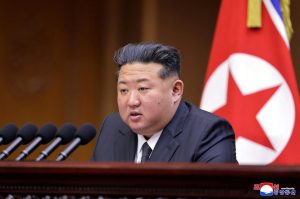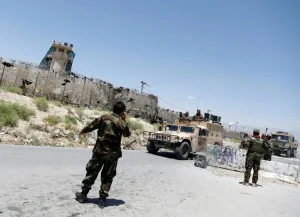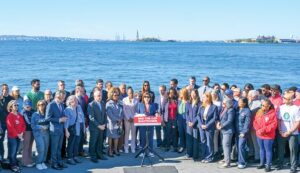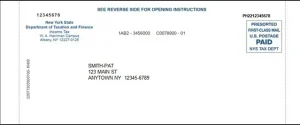First they called Trump “Daddy” and then their condemnation of Russia became weaker. What happened to NATO?
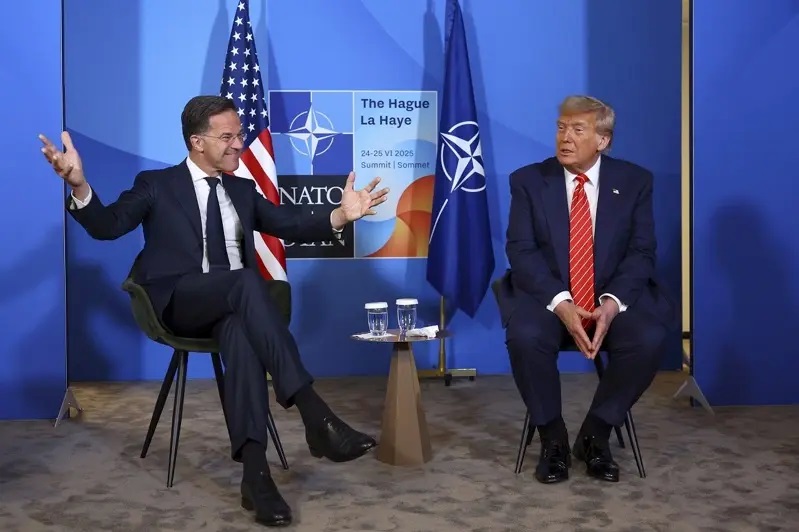
The British Telegraph reported on the 25th that a leaked NATO internal statement showed that the summit communiqué signed by the leaders of 32 NATO member states significantly weakened the criticism of Russia, indicating that its position has shifted from tough confrontation to a more pragmatic attitude. The communiqué was drafted by NATO Secretary-General Mark Rutte, and the content was significantly reduced compared with previous years, with only more than 400 words, far less than the 5,000 words of last year’s Washington summit.
Rutte mentioned the Iran-Israel ceasefire agreement when meeting with reporters with Trump on the 25th, and affectionately called Trump “Daddy”, which attracted attention from all walks of life. Rutte later clarified that it was just a joke.
The communiqué reaffirmed NATO’s support for Ukraine: “We reaffirm our enduring commitment to Ukraine’s sovereignty and provide support because its security is beneficial to our security. To this end, allies will include direct contributions to Ukraine’s defense and its defense industry in the calculation of defense spending.”
However, compared with the 2023 Vilnius Summit Statement “Russia bears full responsibility for its illegal, unjustified and unprovoked war of aggression” and the 2024 Washington Summit Statement “Ukraine’s future lies in NATO”, the latest communiqué did not mention the specific reasons for the Russian-Ukrainian war, such as Russia’s “all-out invasion”, indicating a softening of NATO’s position.
The report pointed out that downplaying the condemnation of Russia may be in exchange for Trump’s commitment to NATO’s Article 5 (collective defense clause). The communiqué emphasized: “We reaffirm our firm commitment to Article 5 of the Washington Treaty, that an attack on one is an attack on all.” Previously, Trump questioned the definition of Article 5 before the Hague Summit, saying that it had “multiple interpretations”, which aroused concerns among allies about the US security commitment.
To consolidate US support, European allies and Canada pledged to increase defense spending to 5% of gross domestic product (GDP) and continue to invest in core defense and security-related areas by 2035 to address “Russia’s long-term threat to Euro-Atlantic security and the continued threat of terrorism.”
The brevity of the communiqué and the weakening of criticism of Russia have caused controversy. Poland, Lithuania and other staunch supporters of Ukraine are uneasy about this, fearing that downplaying the causes of the Russian-Ukrainian war may be seen as weakness by Russian President Putin. Polish Prime Minister Donald Tusk warned: “Compromise with Russia will endanger European security.” On the other hand, Western European countries such as Germany and France cautiously support dialogue, believing that this will help ease the energy crisis and economic pressure. The report said that the Trump administration may tend to reduce direct military investment in Ukraine and promote negotiations between NATO and Russia.
![]()
